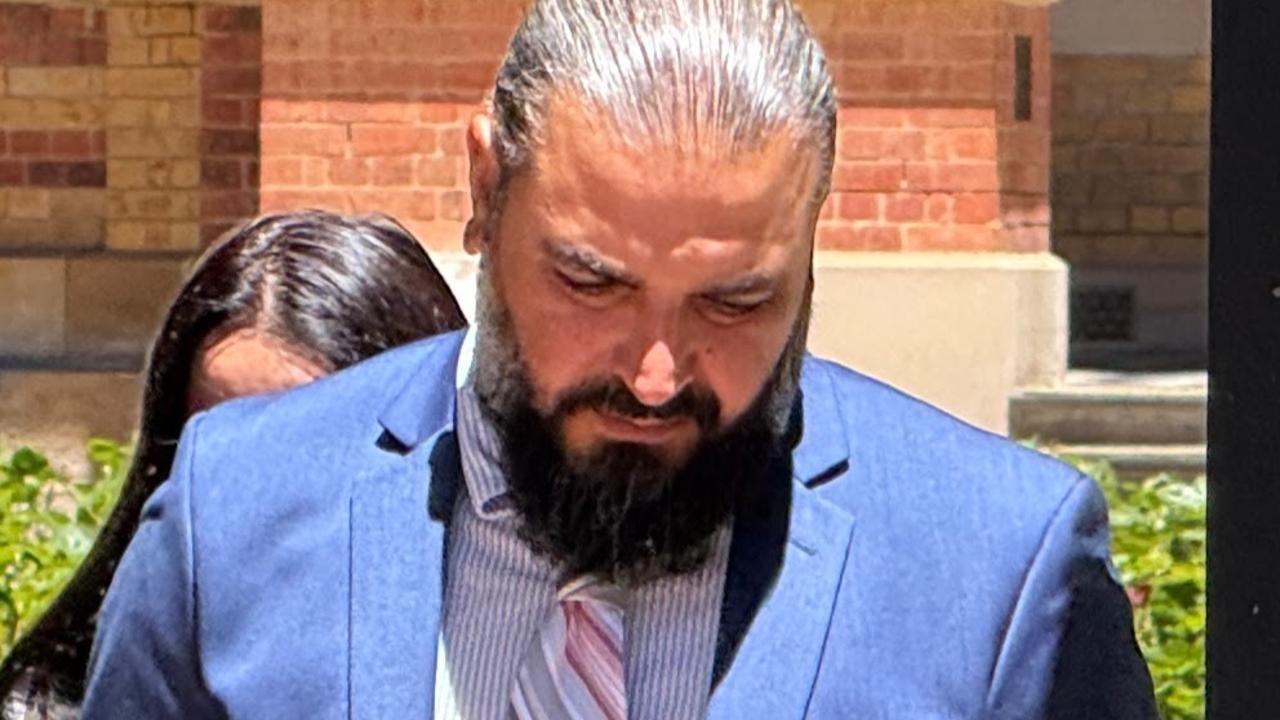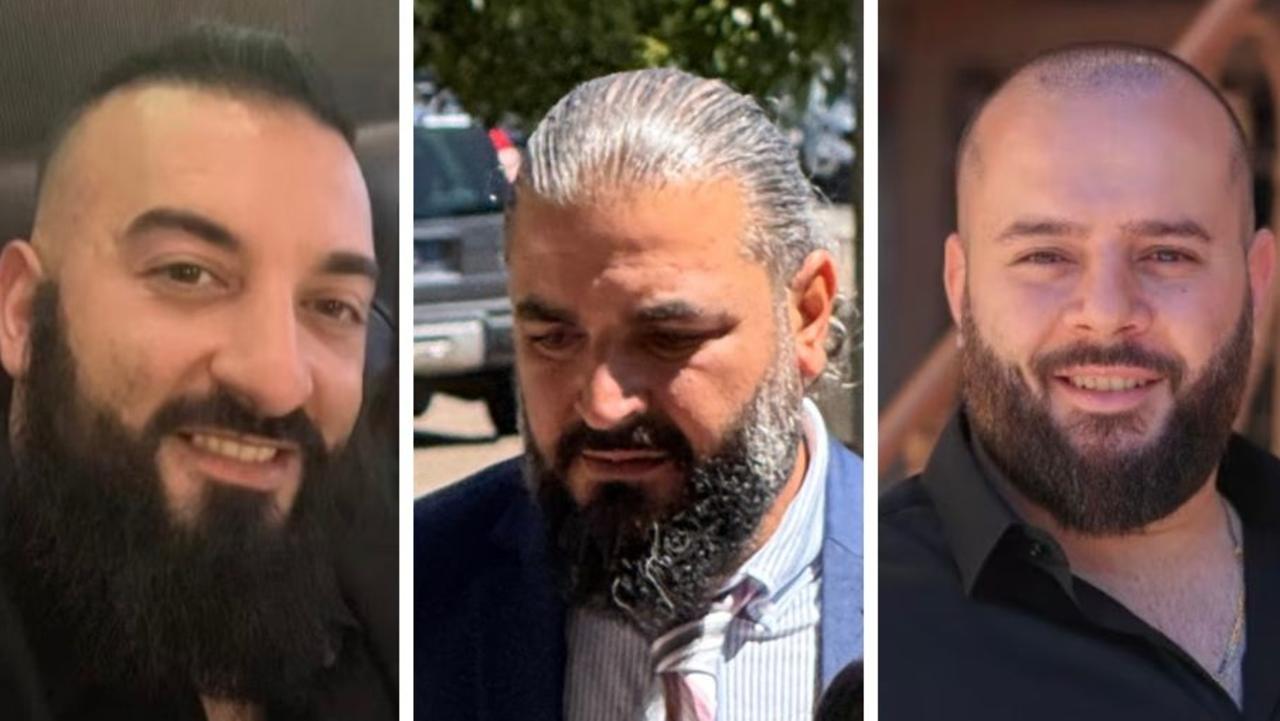Wingecarribee Shire Council public inquiry: day four heard council was ‘at war’ as former staffer tells of lasting trauma
The public inquiry has heard the councillors were “at war” with council staff as a former senior staff member told of the lasting trauma experienced by staff during the turbulent term.
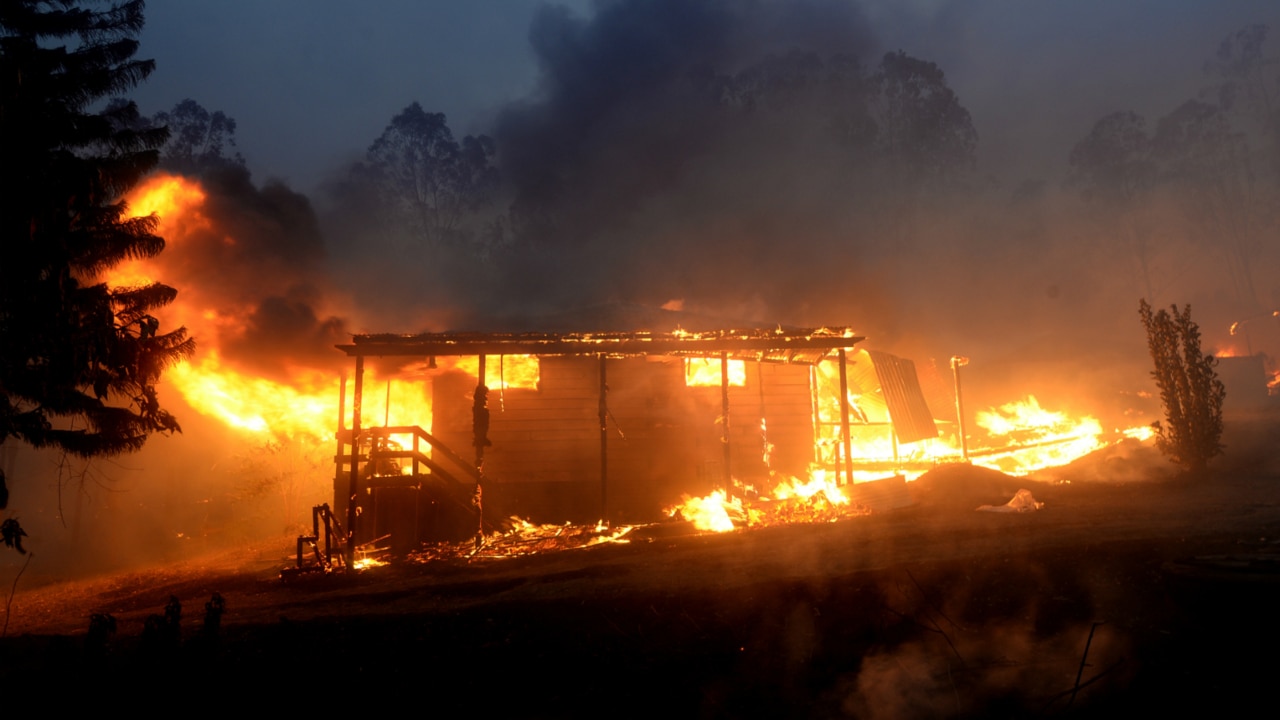
The Bowral News
Don't miss out on the headlines from The Bowral News. Followed categories will be added to My News.
The public inquiry has heard the councillors were “at war” with council staff as a former senior staff member told of the lasting trauma experienced by staff during the turbulent term.
The fourth day of the public inquiry into the dysfunctional and “toxic” Wingecarribee Shire Council in Moss Vale heard both councillors and council staff being blamed for the rift between the parties.
Former Chief Financial Officer for Wingecarribee Shire Council, Richard Mooney, said the Black Summer bushfires and the Covid pandemic were the two issues that sparked “a significant change in the mindset” for the relationship between councillors and staff.
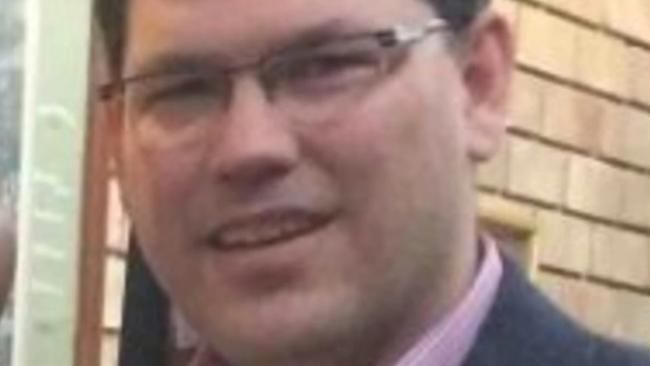
“There are scenes that senior staff in this organisation have witnessed that I think will live with them for the rest of their lives,” he said.
“They would be, from a professional perspective, very very disappointed with what they saw and the manner and the behaviours that a number of our councillors displayed.”
Mr Mooney said the first council meeting after the bushfires resulted in a crucial employee needing to leave the room “because the ferocity of the debate was too much”.
He also said another colleague was approached by a councillor after the meeting and “verbally abused at length” before being questioned by another councillor. He slammed the behaviour as “absolutely inappropriate”.
He said the ongoing animosity had an impact on the staff, particularly in terms of their mental health.
“There are individuals who I would suggest were at the point of breaking,” he said.
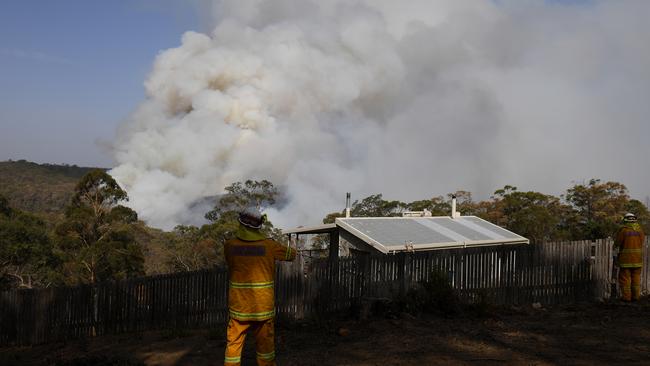
Despite acknowledging the issues in council, the former Chief Financial Officer refuted the claim the council had a “toxic” culture. Instead, he said the problem stemmed from the “nuisance behaviour” of certain councillors – whom he named as former Councillor Garry Turland and suspended Councillor Ian Scandrett.
“Certain councillors would use every opportunity to put the limelight on themselves and to make it very uncomfortable and difficult for the senior members of staff,” he said.
Mr Mooney said a code of conduct complaint had been made against Cr Turland after he was involved in a “standoff” with staff about the use of the council chambers, which were allegedly still an active worksite. He said the “aggressive, irrational behaviour displayed by Cr Turland” endangered personal safety and opined the former councillor had anger management issues.
According to Mr Mooney, the “nuisance tactics” employed by the two councillors to “push their buttons” were aimed at unsettling suspended Mayor Duncan Gair who “became flustered” and couldn’t effectively chair the meetings. This was evident when one council meeting had to be suspended because of the disruption.
Mr Mooney noted the behaviour and internal disputes of councillors prevented both councillors and council staff from effectively doing their jobs.
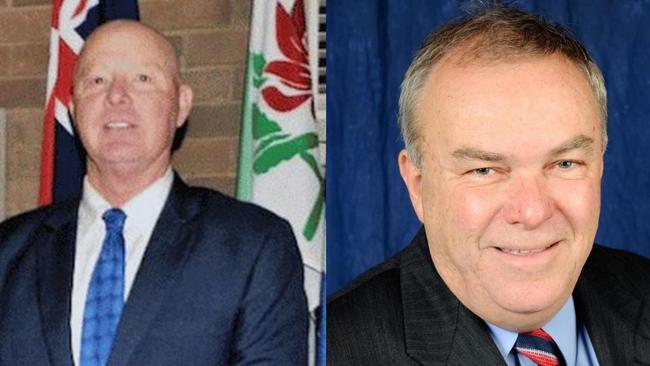
“Little things that have all built up into this environment which led to the council not being able to effectively complete its duties due to a small minority,” he said.
He said the council staff spent a lot of their time managing the politics rather than the council business due to the high “volume of councillor issues that were coming through – the code of conduct complaints – dealing with the dysfunctionality of council.”
The former senior council staffer also took issue with sensitive information about high-profile projects, such as the Station St bypass, being leaked to the media and lobby groups whom he said were not representative of the wider community.
He said the leaks undermined the council’s communication and reiterated his view that consultation does not mean the community should be involved in the decision-making process of major projects.
He said there appeared to be a perception among the public that council staff “can’t be trusted to do their jobs” and didn’t examine viable alternatives.
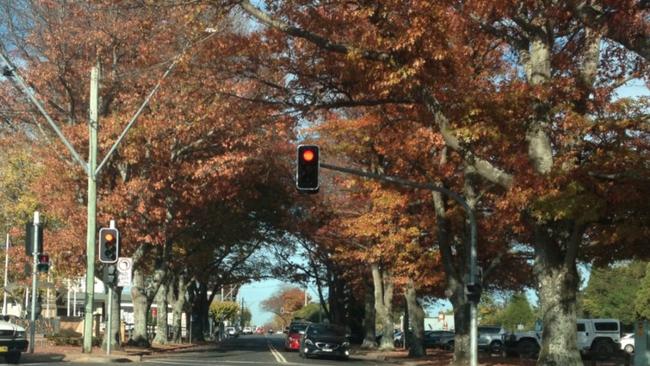
It’s a theme former Wingecarribee Shire Councillor Holly Campbell, who served on council from 2012 to 2016, took up with vigour. She said councillors often had no confidence in the reports by council staff, which were sometimes “clearly flawed”.
“To be honest, I think that 80 per cent of the inflammation that occurred during those two terms probably wouldn‘t have existed if the public, the community, and the councillors felt that council staff – and by that I mean leadership – were doing a better job,” she said.
Ms Campbell said the council staff had an attitude of “staff know best” which perpetuated a difficult relationship and “created an arena where the councillor‘s worst personality traits came out”.
“There was very much a sense of them and us: the staff versus the councillors, it was war. It was verbal, but it was a war,” she said.
She said she felt the sharp division during her time as a councillor and saw it continue in the 2016 term of the now-suspended council. According to Ms Campbell, the relationship between a certain deputy general manager and certain councillors was strained by “real animosity”.
“You got that feeling that it was as tough as it could be without people throwing fisticuffs or whatever, and that’s a bad atmosphere to be operating in,” she said.
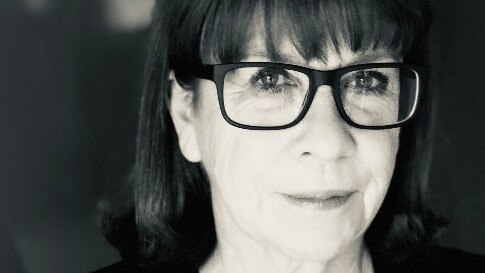
The former councillor also criticised the “schoolyard behaviour” of the suspended and former councillors, including “personal attacks” and “mischief” which she said detracted from representing the best interests of the community.
She said the adversarial nature of the council’s voting patterns meant councillors “spent far more time trying to outdo each other … or create mischief and havoc in such an arena than they actually do concentrating on the legislation, the issues at hand”.
Ms Campbell said she witnessed development applications being questioned on “spurious terms” by councillors who “either personally knew the proponent, and either had an axe to grind against that proponent or had a friend who had an axe to grind against that proponent”.
However, she said the majority of the problematic behaviour displayed by councillors was driven by “passion and a strong belief that justice … wasn’t being served.”
Brigid Kennedy, President of the Moss Vale Chamber of Commerce and Rural, told the public inquiry the disputes between councillors left no time to think of the bigger picture for the Southern Highlands.
“I think that there was no room between (council meetings) to create strategy because there was so much anxiety and acrimony between the councillors that … all they were doing was playing catch-up on and knee-jerk reaction to what was going on,” she said.
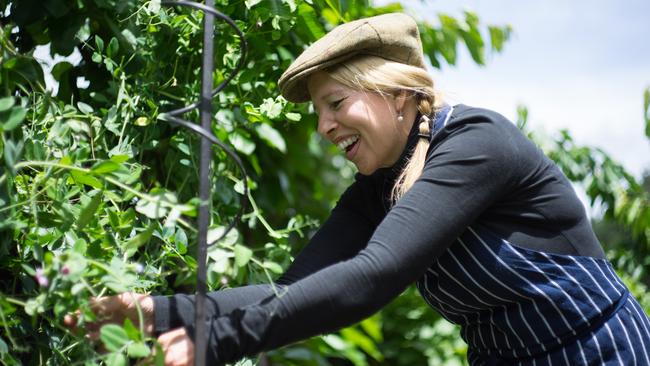
Ms Kennedy said it was “a shame” the council was so opposed to collaborating with industry and business groups who made proposals, such as the proactive suggestions made by industry to assist with the bushfire recovery effort which were rebuffed.
“To be shut out of the process was a great shame for the whole community actually, particularly with the inaction that happened where we could have really all worked together,” she said.
Ms Kennedy, who also serves as co-chair of the Southern Highlands Key Stakeholders group, noted the lack of co-operation was obvious in council’s refusal to acknowledge or amend the issues with the Local Environment Plan.
She said the strict conditional restrictions of the zoning make it extremely difficult for hospitality businesses to operate outside an urban area, which is especially troublesome for the numerous local wedding venues.
Similarly to public inquiry submissions heard this week about the unproductive relationship between council and business, Ms Kennedy said businesses were discouraged from setting up in parts of the shire because the council applied a “blowtorch” of restrictions.
“There’s some very good data that says how much (weddings) contribute to our economy and our shops and retail and everything else, and so, shutting them out – because one particular councillor actually had a friendship next door to someone who had one of these spaces – it was really unfortunate,” she said.
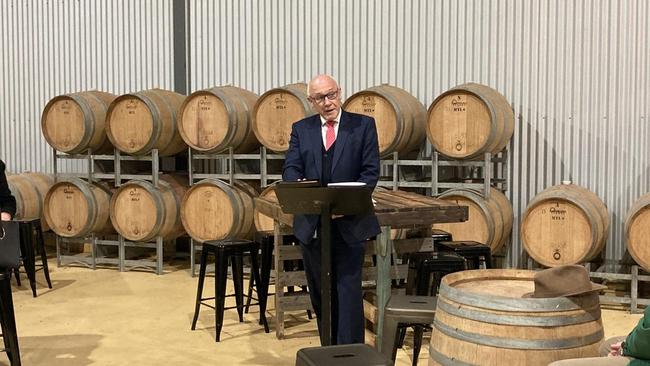
Ms Kennedy said the council had been “asleep at the wheel” of economic development in the region for at least the last five years.
In one example, she noted council lost the paperwork of a local winery so it was unable to apply for a liquor licence and nearly lost the business. The papers had been sitting on someone’s desk for six months when they were finally located, according to Ms Kennedy.
Both council staff and former councillors will have the opportunity to have their say as the public inquiry hearings continue.




